Learn about the Samurai’s code and its legacy
The samurai were more than just warriors; they were the epitome of honor and discipline. Originating in Japan, these formidable figures were bound by a strict ethical code known as Bushido. This “Way of the Warrior” dictated their every move, making them not only exceptional fighters but also principled individuals.
Their influence extended beyond the battlefield, shaping the cultural and moral landscape of Japan for centuries. Understanding their code offers insights into a world where honor ruled supreme.
Origins of the Samurai Class
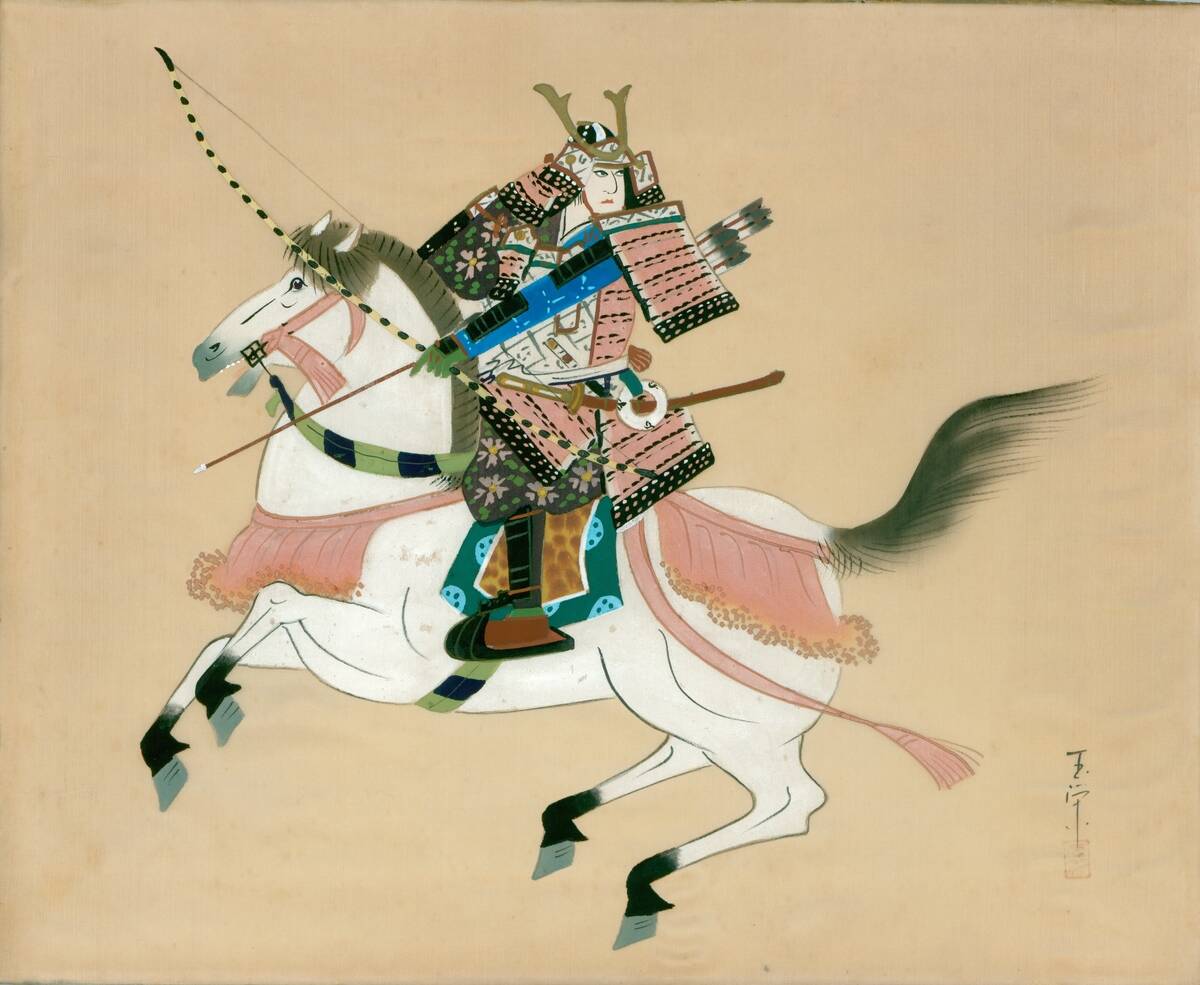
The genesis of the samurai class can be traced back to the Heian period, around the 10th century. Initially serving as provincial warriors for the aristocracy, they gained prominence due to their martial prowess and loyalty.
By the Kamakura period, they had established themselves as a dominant military class, wielding significant political power. The samurai’s rise was fueled by a need for protection in a feudal system, and their presence dramatically shifted Japan’s social structure.
Understanding Bushido: The Way of the Warrior
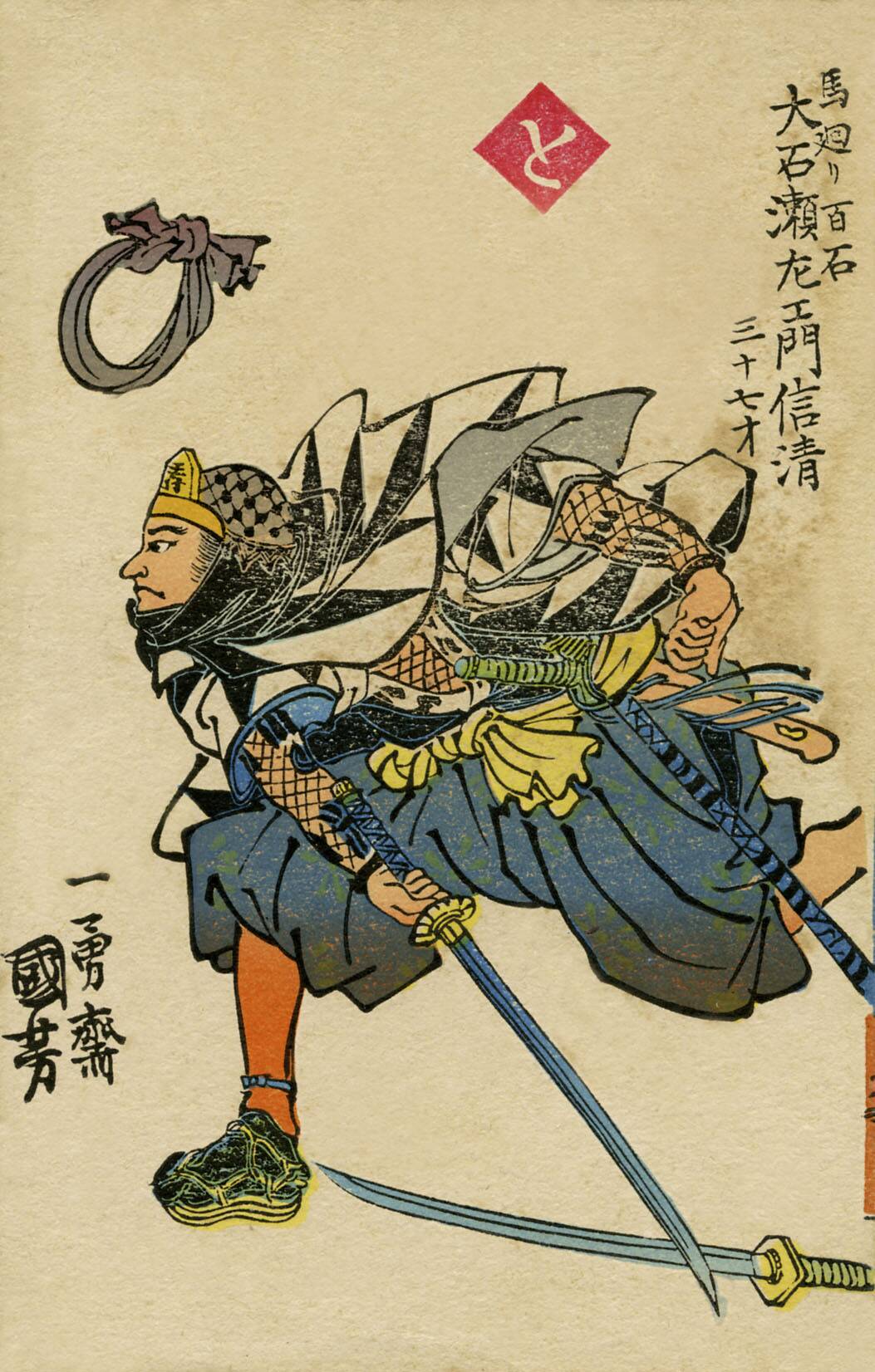
Bushido, the “Way of the Warrior,” is a code that emphasized virtues like loyalty, courage, and honor. It was not a written doctrine but a set of principles handed down through generations. These principles guided samurai in both war and peace.
The code was heavily influenced by Zen Buddhism and Confucianism, providing a unique blend of spiritual and ethical guidelines. Bushido was not just a way of life for the samurai; it was a binding force that unified them.
The Seven Virtues of Bushido
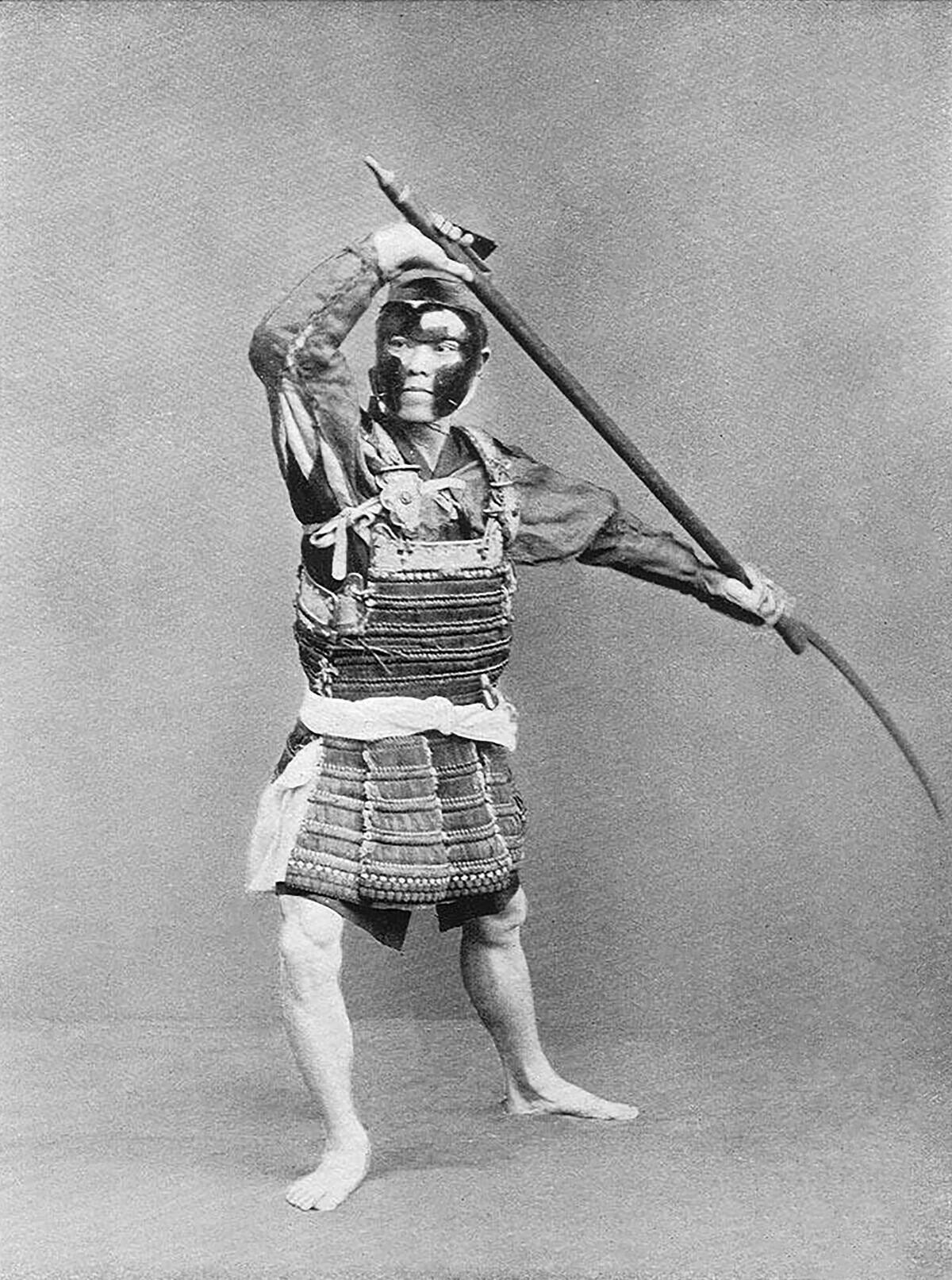
The seven virtues of Bushido—rectitude, courage, benevolence, politeness, sincerity, honor, and loyalty—formed the moral framework for the samurai. Rectitude, or righteousness, was about making the right moral choices.
Courage wasn’t just about bravery in battle but also about living truthfully. These virtues were meant to cultivate a disciplined and honorable warrior. Each virtue balanced the others, creating a holistic approach to the samurai’s ethical life.
Courage: The Heart of the Samurai
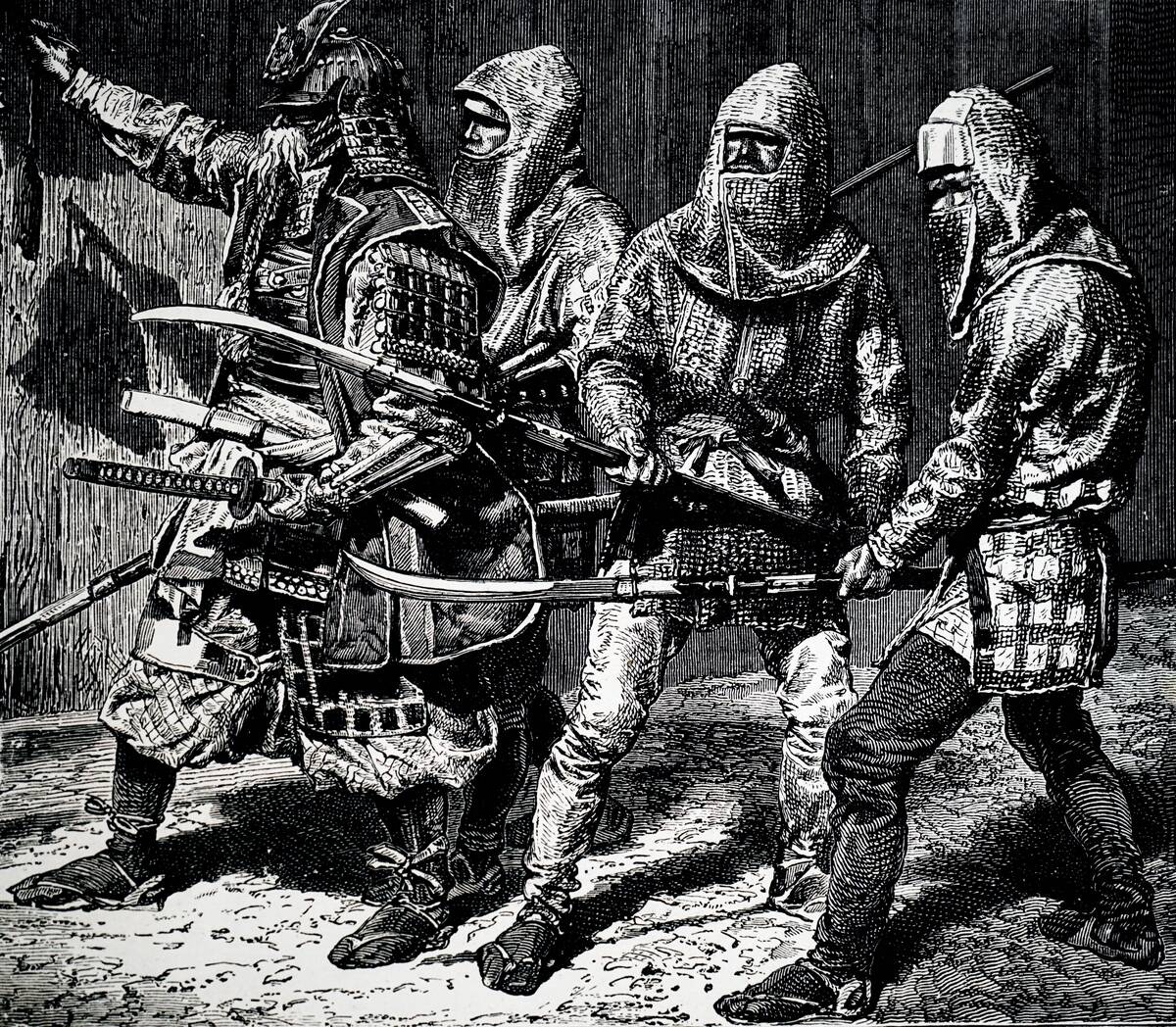
Courage was central to the samurai ethos, but it wasn’t just about fearlessness in combat. It was about the courage to live truthfully, to uphold justice, and to act with integrity even when it was difficult.
This virtue was deeply connected to their mental fortitude and spiritual strength, often cultivated through rigorous training and meditation. The samurai believed that true courage was an inner quality that allowed them to face life’s challenges with unwavering resolve.
Honor in the Samurai Society
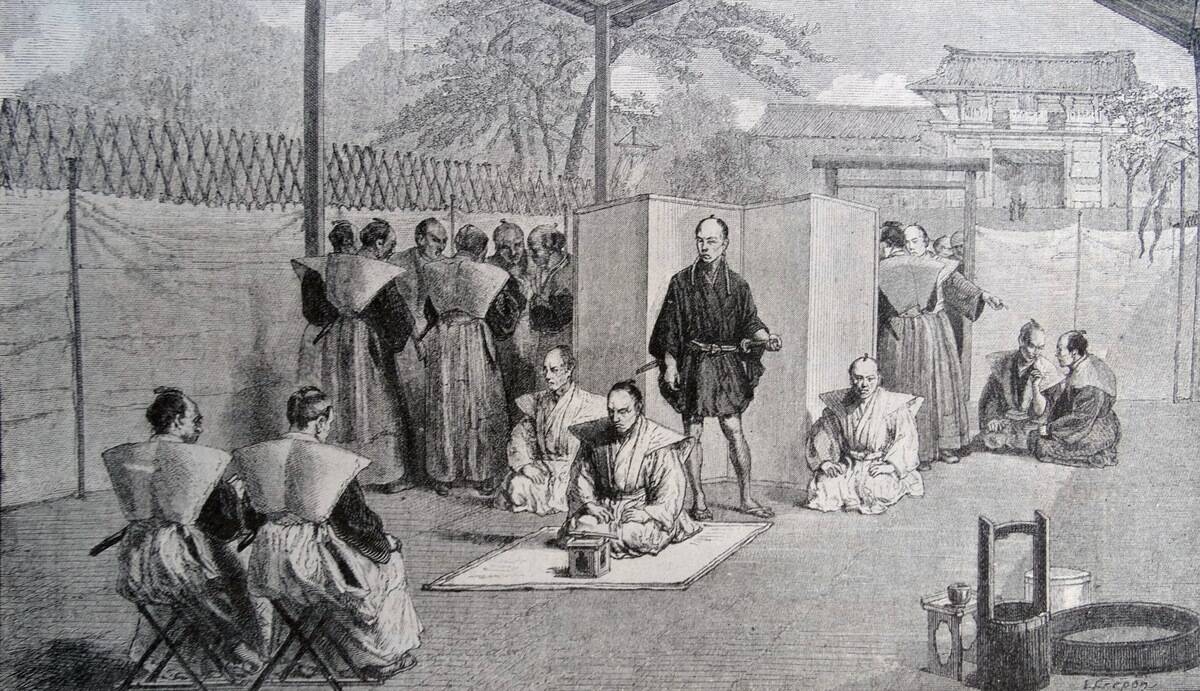
Honor was the lifeblood of the samurai, guiding their actions and decisions. A samurai’s reputation was paramount, and any dishonor could lead to seppuku, a ritual suicide to restore lost honor. This emphasis on honor influenced their conduct in both personal and professional spheres.
It was not just about public perception but about maintaining personal integrity. Honor dictated their interactions and was a testament to their unwavering commitment to Bushido.
Compassion and Benevolence in Action
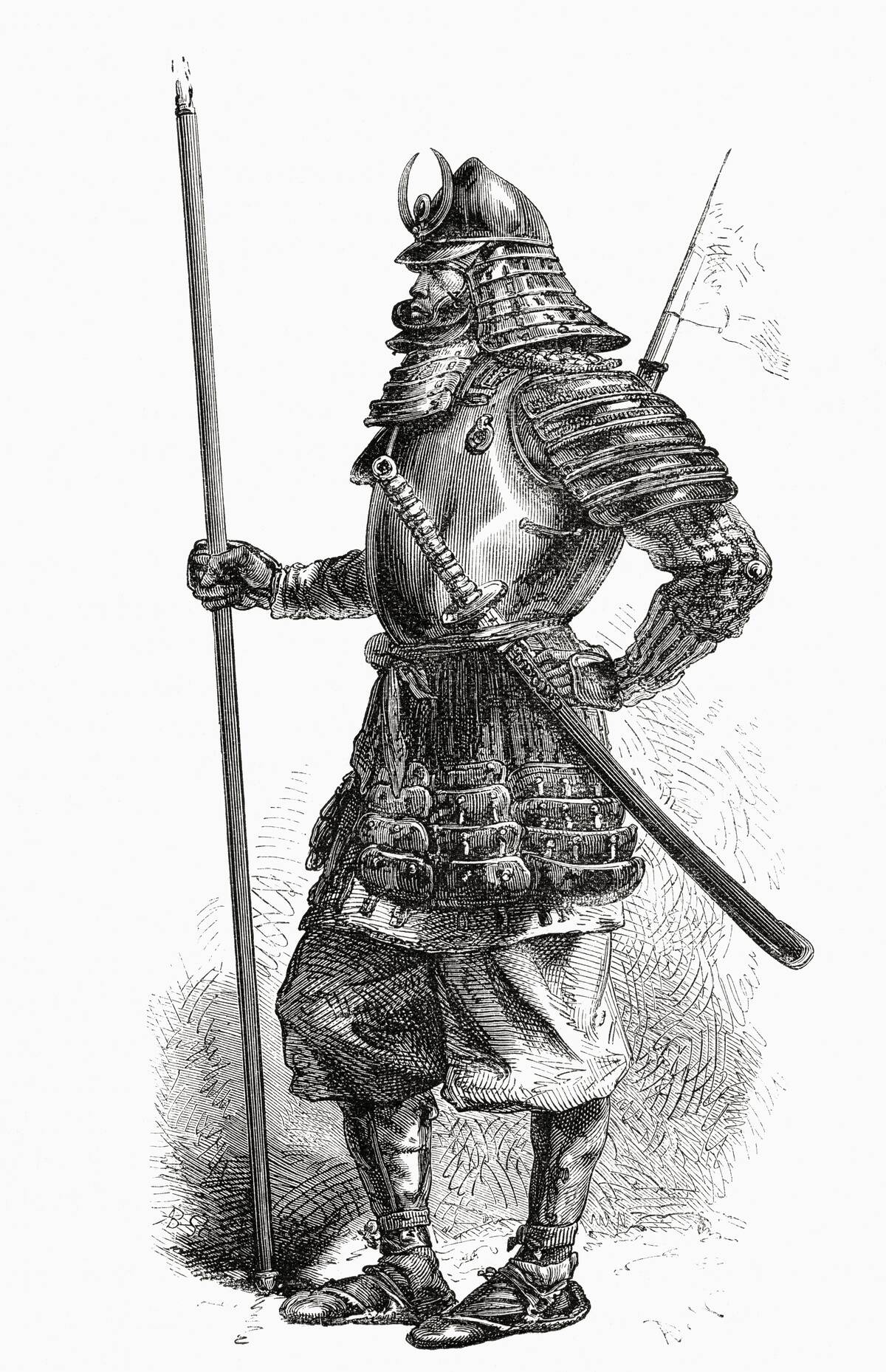
Despite their fierce reputation, samurai were also expected to exhibit compassion and benevolence. These qualities were seen as signs of strength, not weakness. Benevolence involved helping those in need and acting with kindness, reflecting a balance between their martial duties and humanity.
Compassion was integral to Bushido, ensuring that the warrior’s power was tempered with empathy. This duality made the samurai not just warriors, but guardians of the people.
Respect and Courtesy: A Samurai’s Duty
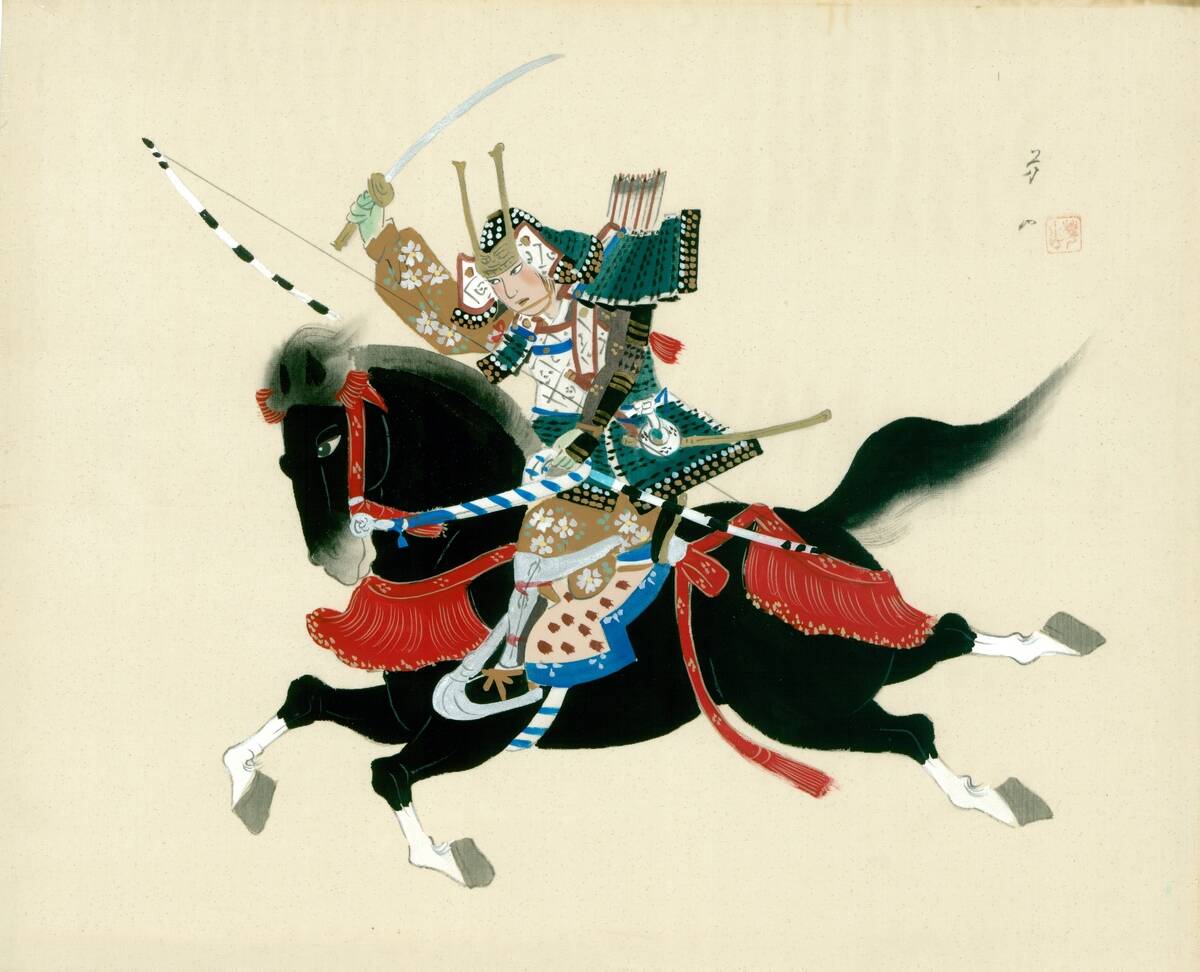
For samurai, respect and courtesy were non-negotiable virtues. These principles extended beyond their interactions with peers to how they treated subordinates and adversaries.
Politeness was a reflection of inner strength and discipline, and it was essential in maintaining harmony within the warrior class. Even in conflict, a samurai was expected to act with dignity and respect, embodying the grace and decorum that defined their noble status.
Integrity and Sincerity: The Samurai’s Moral Compass
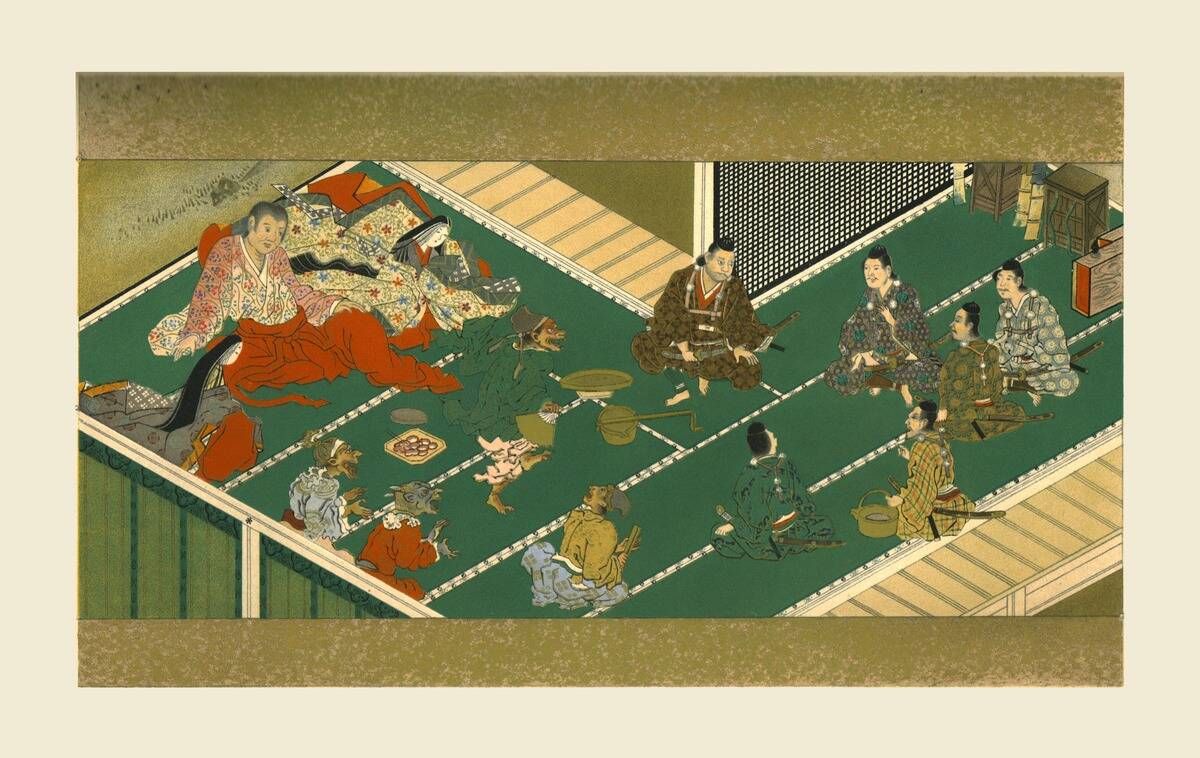
Integrity and sincerity were at the heart of the samurai’s moral compass. These virtues demanded honesty in all dealings and a commitment to truthfulness. A samurai’s word was his bond, and deception was considered dishonorable.
Integrity required consistency between one’s actions and values, while sincerity was about being genuine in intent. Together, they ensured that a samurai’s life was one of authenticity and honor, fostering trust and respect.
Loyalty: A Samurai’s Lifelong Commitment
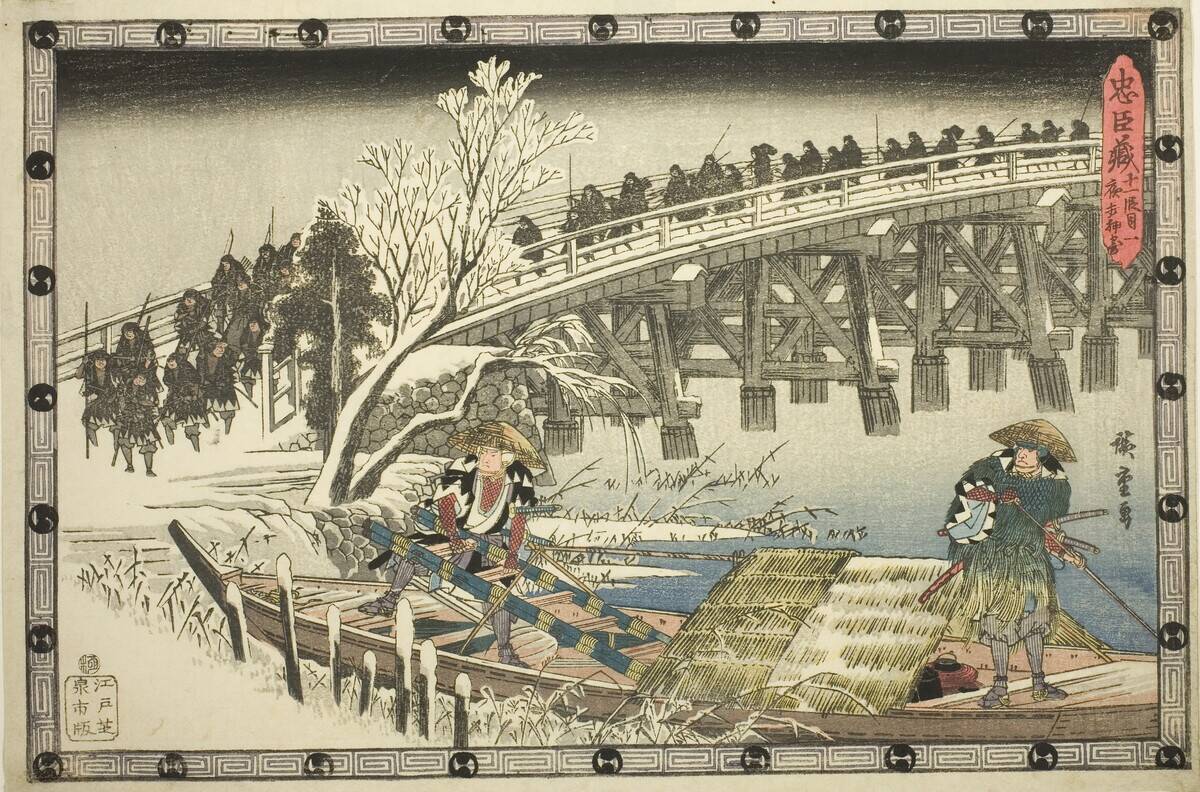
Loyalty was perhaps the most revered virtue in the samurai code. It signified unwavering allegiance to one’s lord and comrades, often above personal interests. This commitment was demonstrated through acts of bravery and sacrifice, cementing bonds that were considered sacred.
Loyalty was not a mere duty; it was an intrinsic part of the samurai’s identity. It defined their relationships and was a testament to their dedication and trustworthiness.
Self-Control and Discipline in the Samurai Life
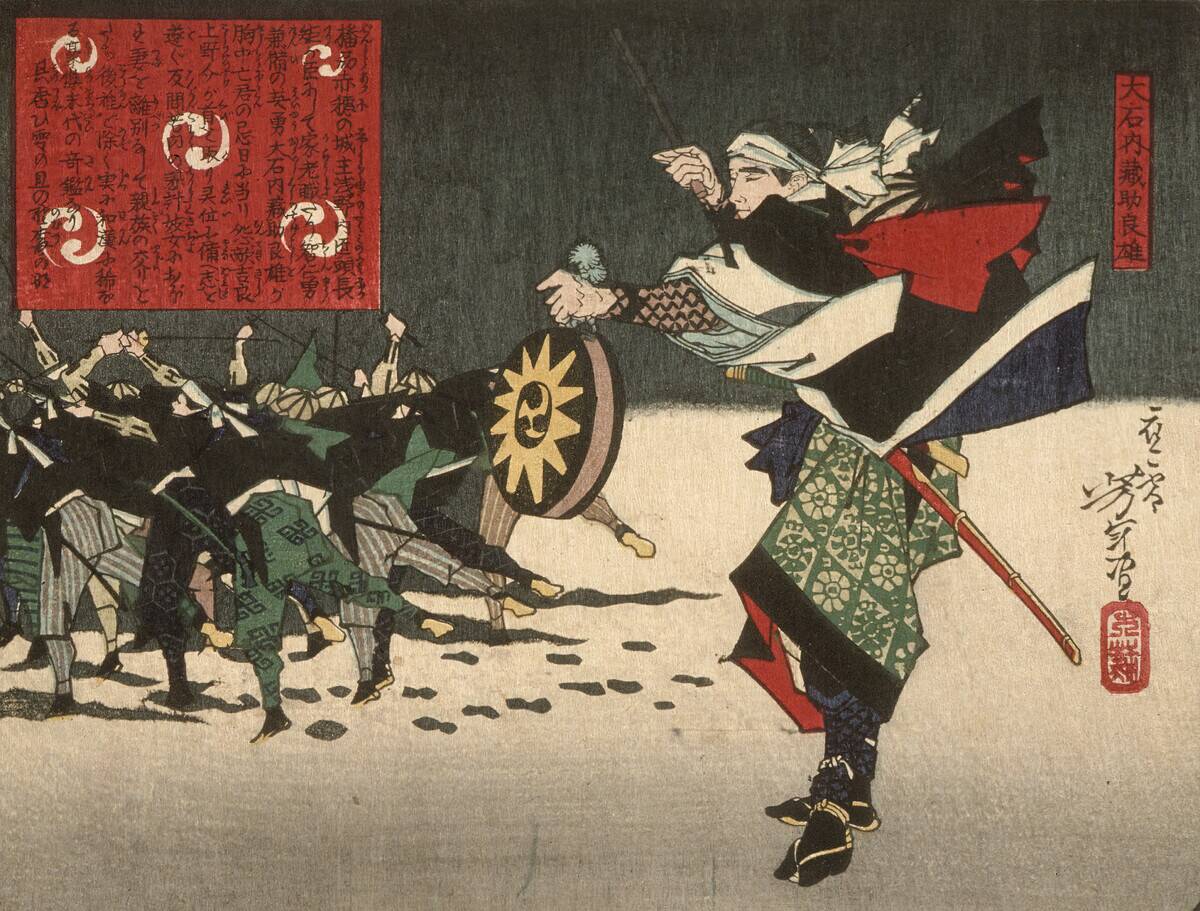
Self-control and discipline were essential for the samurai, governing both their physical and mental faculties. Rigorous training regimes and strict adherence to Bushido honed their discipline, allowing them to remain calm and focused under pressure.
This mastery over oneself was crucial in battle and in daily life. It empowered them to make rational decisions and maintain composure, embodying the essence of a true warrior who is in control of his mind and body.
The Role of Zen Buddhism in Shaping Bushido

Zen Buddhism had a profound impact on the evolution of Bushido, providing spiritual depth and mental clarity. The emphasis on meditation and mindfulness helped samurai cultivate inner peace and focus.
Zen teachings encouraged detachment from material desires, aligning with the samurai’s pursuit of self-mastery and enlightenment. This philosophical influence was crucial in shaping a warrior ethos that valued introspection and spiritual growth alongside martial prowess.
Famous Samurai Who Embodied the Code
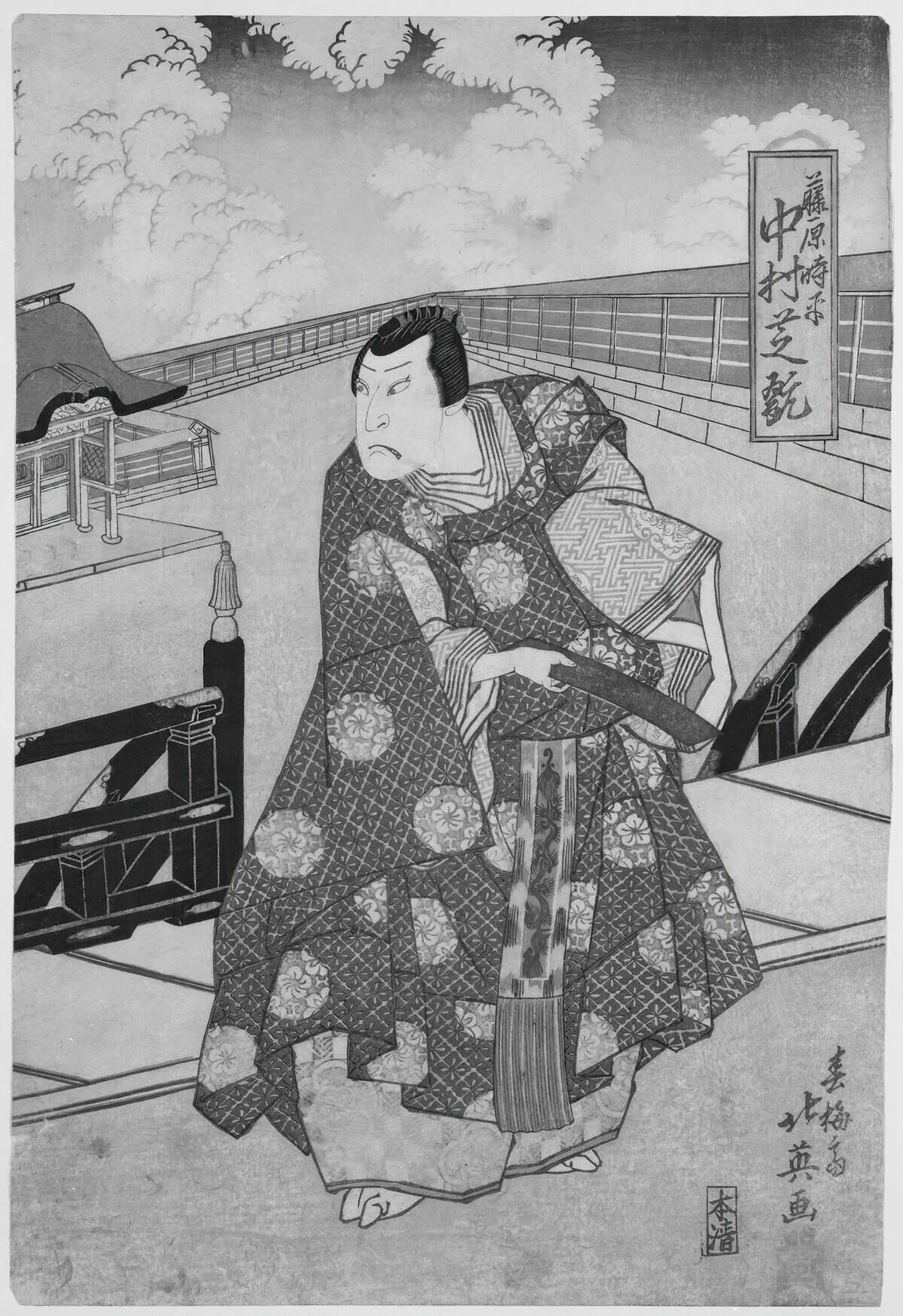
Several legendary samurai have come to symbolize the ideals of Bushido. Miyamoto Musashi, a master swordsman, is renowned for his strategic brilliance and indomitable spirit. Oda Nobunaga, with his innovative military tactics, exemplified courage and ambition.
These figures, among others, left indelible marks on history, embodying the virtues of honor, loyalty, and discipline. Their stories continue to inspire, serving as timeless examples of what it means to live by the samurai code.
Bushido’s Influence on Modern Japanese Society
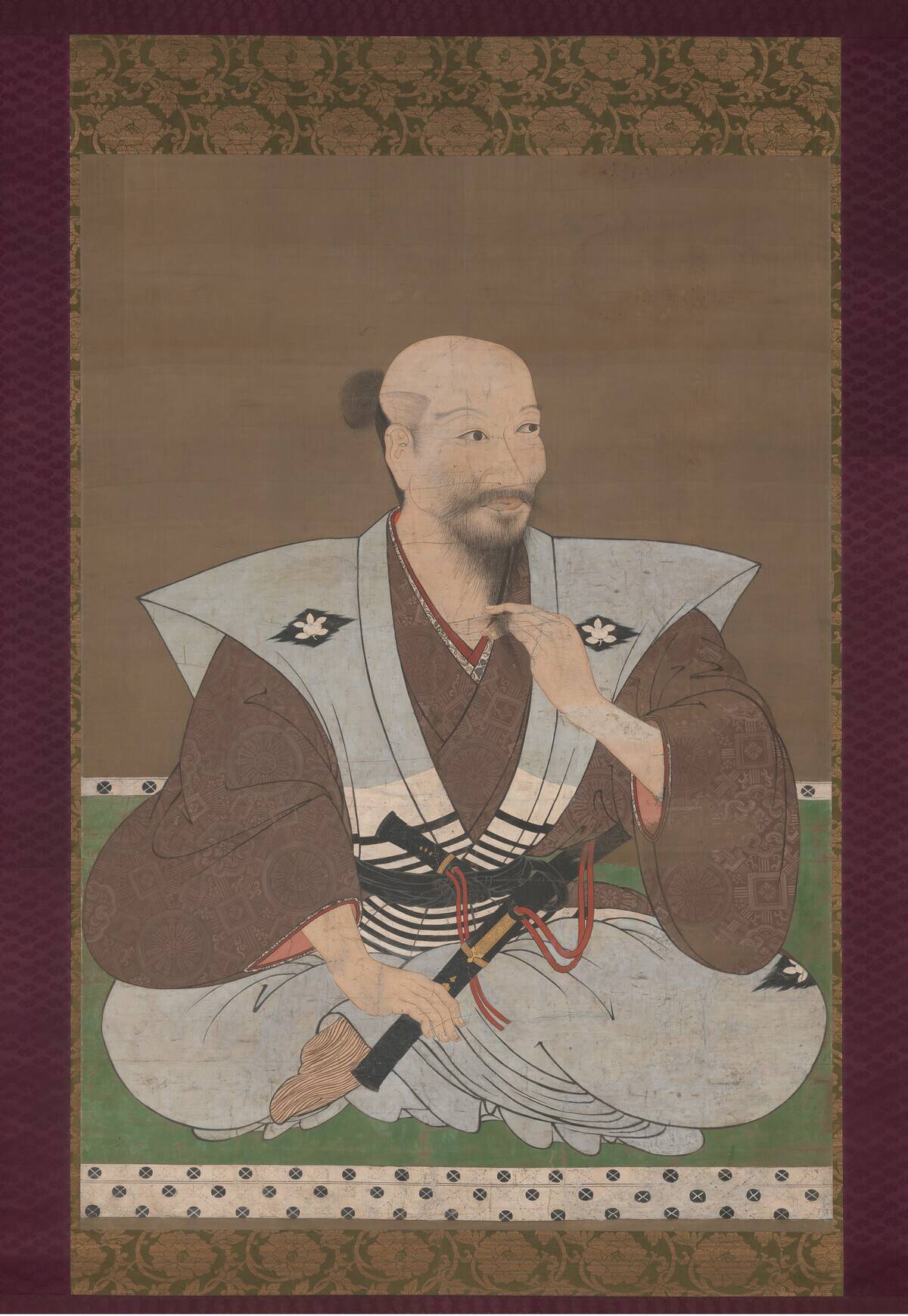
While Bushido originated as the moral code of the samurai, its influence can still be seen in aspects of modern Japanese culture. Values such as honor, loyalty, discipline, and perseverance resonate in Japan’s approach to work, education, and social conduct.
The commitment to excellence and perseverance in the face of adversity reflects the samurai spirit. Even in a rapidly changing world, the virtues of Bushido remain relevant, shaping the Japanese identity and guiding moral conduct in everyday life.
The Samurai Code’s Impact on Global Perspectives
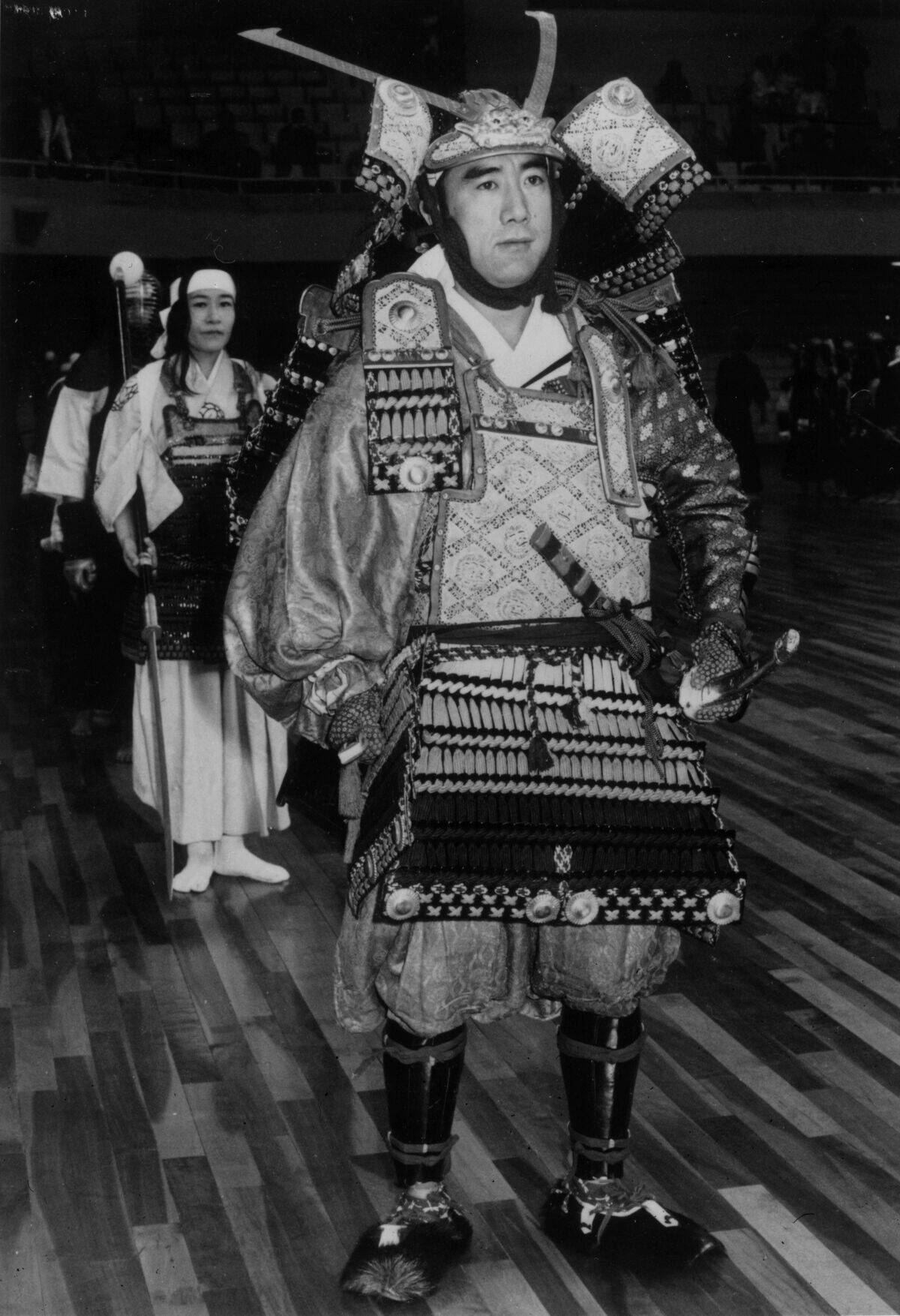
The samurai code has captured the global imagination, influencing perspectives on ethics and leadership. Its emphasis on integrity and honor resonates with diverse cultures seeking moral guidance.
The principles of Bushido inspire leadership philosophies that prioritize service, responsibility, and ethical conduct. Across the world, the samurai’s legacy endures, offering a blueprint for navigating challenges with dignity and resolve, transcending cultural boundaries and time.



